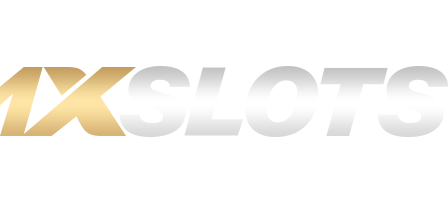According to the Kindred Group and Svenska Spel, operators licensed in Sweden are required to report the percentage of their income derived from risky or harmful gambling.
In a webinar on harmful gambling in Sweden, Kindred CEO Henrik Tjarnström and Svenska Spel CEO Patrick Hofbauer expressed their support for the creation of a common reporting model for the composition of problem gambling revenues in the Swedish market.
Highlighting Kindred's recent decision to publish the percentage of income from high-risk gambling, Tjernström said: “We're not saying our model is the best, as Kindred invited researchers to take a look at it and see how it can be adjusted.
“But we think it would be great if we had a common definition. In anticipation of this and the start of discussion, we have decided to start reporting our numbers,” he added.
In its Q1 2021 financials, Kindred reported a quarterly decline in problem gambling revenue of 0.4%, representing 3.9% of total Q1 revenue of £352.6m.
Kindred has pledged to generate 0% revenue from malicious gambling by 2023.
Svenska Spel CEO Hofbauer hailed Kindred's initiative as a "great" move, suggesting that the former monopoly operator also toyed with a similar reporting requirement.
However, Hofbauer suggested that the firm would hold off until an industry-wide reporting model was in place.
“Comparability is critical to credibility,” Hofbauer explained.
“Today we see how different companies report completely different numbers, there is a difference in how you measure. But I think we have excellent conditions to create a common model here in Sweden that other countries could use.
“Swedish gaming companies have driven the digital development of the gaming industry. Now maybe we can go to the front here too,” Hofbauer added.
This sentiment was echoed by Svenska Spel Chairman Erik Strand, who suggested that the introduction of such a model would help the industry's reputation in Sweden.
“The dialogue on unhealthy income is very important. This is a step towards legitimizing the gaming industry and legislation,” Strand said.
“The industry must win the trust of society; operators need to show that they are taking steps together to self-regulate and strengthen the protection of vulnerable consumers.
“But then you also need uniform parameters that allow comparisons to be made. Only then will we get transparency,” Strand added.
